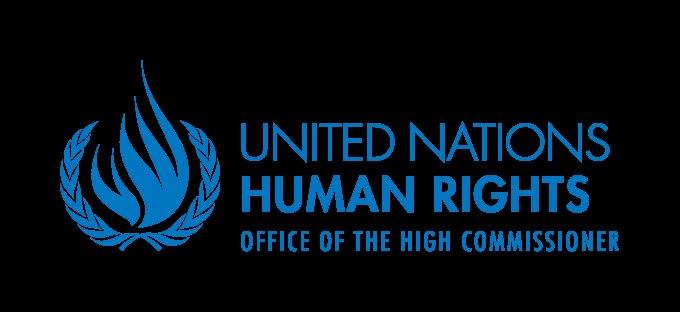Feb 2017 - Apr 2018 | OHCHR
In Haiti, priority is given during monitoring activities on collection of disaggregated data by sex on the number and proportion of persons held in police custody without charge for more than 48 hours.
In Guatemala, OHCHR carried out a study to analyse the judgments of the specialized tribunals on the crime of femicide and other forms of violence against women.
